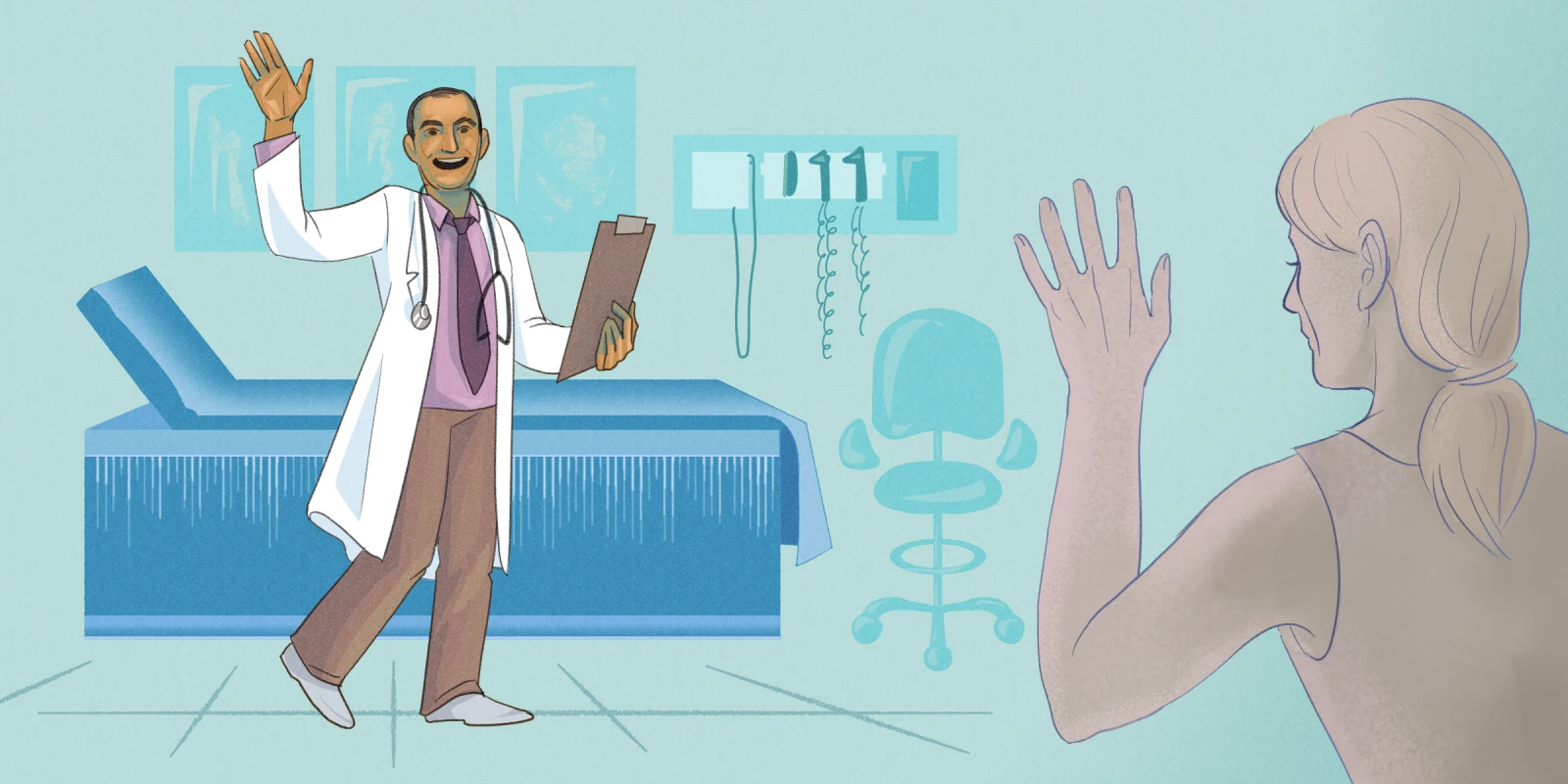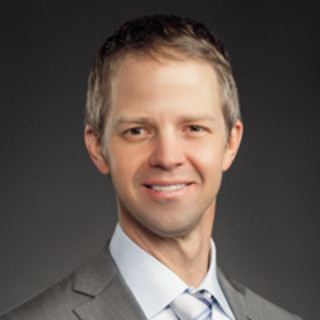A few weeks ago I saw an old friend of mine from medical school. Not in the expected way of a text message, or a social media post, but in the clinic.
She had just moved to the area and was looking on my group’s practice website and suddenly realized I was one of the physicians on staff. We had not seen each other in years. When I saw her name I was delighted.
I changed the clinic schedule to make for a longer appointment. Due to the nature of lives and careers, I expected we would not likely catch up unless it was in this setting. We caught up on friends and classmates, those we had caught up with and those whom we wondered about. At the end of the visit I managed her problem and we took a picture, which we texted to our old classmates. It sparked a conversation and reminiscence for a day or two and then faded as digital media tends to do. Each of us went back to work, back to our lives, but in that brief moment, we reconnected.
In economics, the idea of circularity is the next evolution of the sustainability movement. While sustainability targets utilization of resources now without jeopardizing the resources for the next generation, circularity goes farther, by creating a closed loop in which the resource ideally regenerates or renews itself.
One simple example is a pig farm that supplies a local restaurant with pork and simultaneously takes the food waste and compost back to the pig farm to fertilize crops and feed more pigs.
The idea conjures the images of the feedback loops that are so ubiquitous in the pre-clinical years of medical training. The waste products of enzymatic reactions upregulate or downregulate the synthesis of other enzymes. In later years of clinical work we begin to discover larger circularities in life and practice.
Examples of this human circularity abound in clinics, EDs, and ORs every day.
-A colleague, or their loved one, or a personal friend becomes a patient.
-Previous surgical patients return with new problems. The patient with a meniscal tear 10 years ago returns with arthritis.
-Surgical techniques and trends from 20 years ago come back in vogue with a modern spin; this is happening in ACL surgery right now.
-I measure my years in practice by how many ski seasons I have taken call and know that the first snowfalls will be followed by the first injuries of the year.
-I review applications for fellowship and see letters from faculty who trained me touting this particular candidate as within the top 5% of residents they ever trained.
These loops of new and old create complexity and depth in the tapestry of our lives and work. We realize that our thread is just one linear story in a tightly woven cloth. It is humbling to consider that despite the ever-growing medical industrial complex and the quickening pace of innovation and technological advance, the world of medicine is indeed very small, and being mortal, we all one day will be someone’s patient instead of their physician.
I find it comforting to think that when the time comes and it’s me on the table or gurney, that it might be a friend, or their student, who will be there standing over me, a hand on my shoulder, reassuring me that my own health will be in their hands, and that in some way the circle will have come round once more.
When has medicine come full circle for you? Share in the comments.
Brian Gilmer is an orthopaedic sports medicine surgeon in Mammoth Lakes, CA, and Reno, NV. When not commuting and listening to audiobooks, he often sits in silence and thinks about improving himself. He has achieved no degree of mastery in anything in particular, but he tries. He was a 2022–2023 Doximity Op-Med Fellow, and continues as a 2023–2024 Doximity Op-Med Fellow.
Illustration by April Brust







